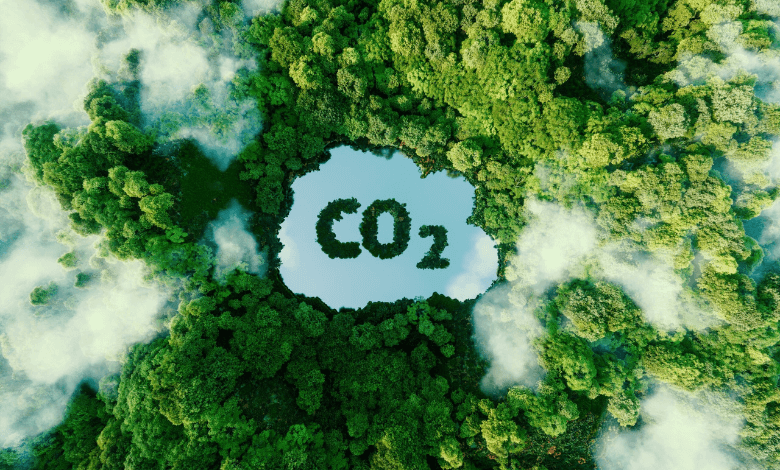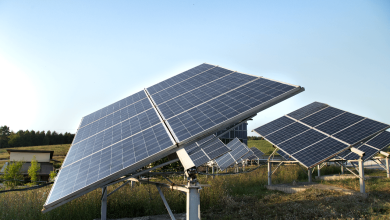Malaysia’s Zero Carbon Goal: SEDA’s Way

The Sustainable Energy Development Authority (SEDA) is optimistic about Malaysia reaching its 2050 zero carbon emission target, transforming the nation into a developed hub. SEDA Chairman Ahmad Zairin Ismail emphasizes the need for robust collaboration among stakeholders, industries, and the public to ensure the success of the net-zero and 70% renewable energy goal by 2050.
Zairin Ismail states, “Collaboration is crucial for a decoupling effect between economic development and energy demand, resulting in lower carbon emissions.” SEDA has actively implemented sustainable energy programs over the past 12 years, including clean energy generation and energy usage management.
Highlighting the impact of SEDA’s programs, such as the Feed-in Tariff (FiT) and Net Energy Metering (NEM), Zairin Ismail notes their role in reducing carbon emissions and attracting investments. In 2023, the NEM program alone attracted RM3 billion in local investment for renewable energy projects.
Read More: Climate Change Bites: Developing Nations Bear Heaviest Global Economic Losses
Zairin Ismail emphasizes that addressing climate change involves multiple sectors, including biodiversity and forestry. As an agency under the Ministry of Natural Resources, Environment, and Climate Change, SEDA plays a significant role in leading the energy transition agenda and reducing carbon emissions.
Malaysia’s journey toward a sustainable, zero-carbon future involves collaborative efforts across sectors, and SEDA remains at the forefront of driving this transformative agenda.
Our View On Zero Carbon Emission Goal Achievable with Robust Collaboration
Malaysia’s ambitious goal of achieving zero carbon emissions by 2050 is not only attainable but strengthened through robust collaboration, according to SEDA Chairman Ahmad Zairin Ismail. Stressing the importance of cooperation among stakeholders, industries, and the public, Ismail sees a path where economic development and energy demand decouple, resulting in lower carbon emissions. The success of SEDA’s sustainable energy programs, especially the NEM program attracting RM3 billion in 2023, highlights the positive impact of such initiatives. This collective effort signals a promising trajectory for Malaysia’s environmental commitment, fostering sustainable growth and reduced carbon footprint.



